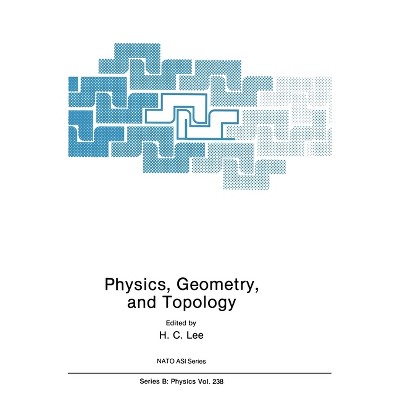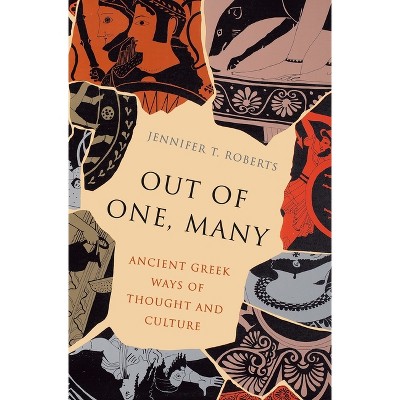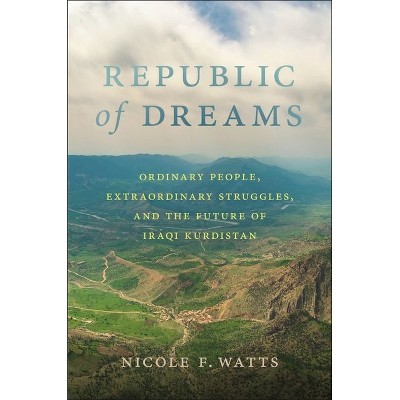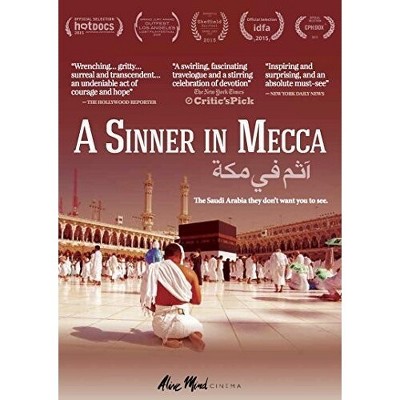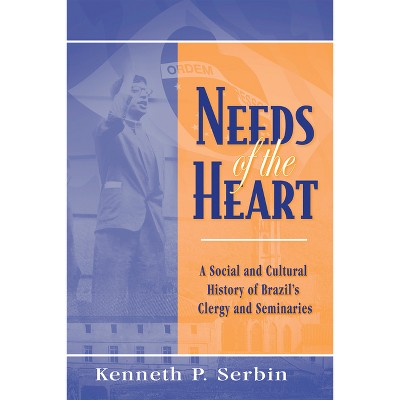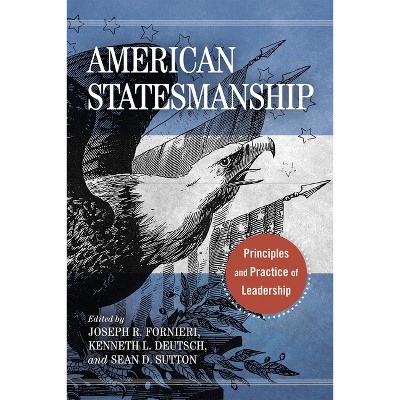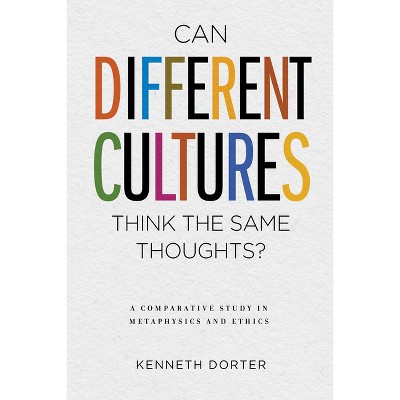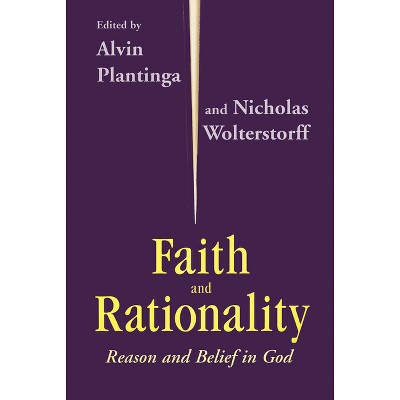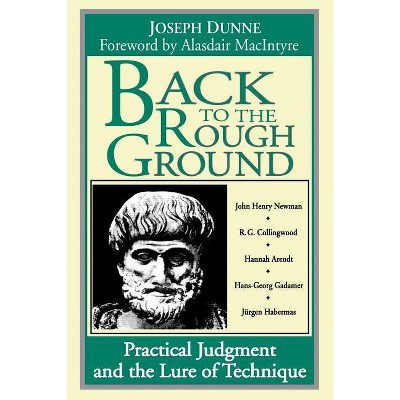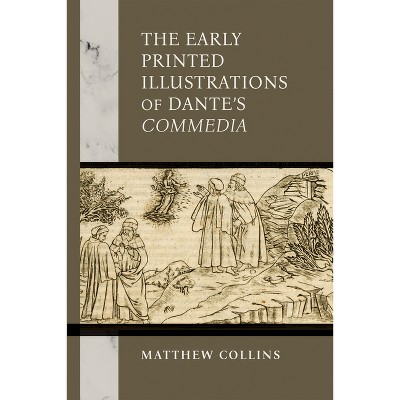Sponsored

God's Two Books - by Kenneth J Howell (Hardcover)
In Stock
Sponsored
About this item
Highlights
- How do we resolve conflicts when fundamental sources of knowledge and belief--such as science and theology--are involved?
- About the Author: Kenneth J. Howell is the Director of the John Henry Newman Institute of Catholic Thought and Adjunct Professor of Religious Studies at the University of Illinois, Champaign-Urbana.
- 328 Pages
- Science, History
Description
Book Synopsis
How do we resolve conflicts when fundamental sources of knowledge and belief--such as science and theology--are involved? In God's Two Books, Kenneth Howell offers a historical analysis of how sixteenth- and seventeenth-century astronomers and theologians in Northern Protestant Europe used science and religion to challenge and support one another. Howell reveals that the cosmological schemes developed during this era remain monumental solutions to the enduring problem of how theological interpretation and empirical investigation interact with one another. "Writing history requires a constant shedding of our misconceptions about the past," says Howell. God's Two Books reshapes our understanding of the interaction of cosmological thought and biblical interpretation in the emerging astronomy of the Scientific Revolution by analyzing new texts and offering interpretations that cast old materials in a new light. The central argument of this compelling book is that the use of the Bible in early modern cosmology is considerably more complex and subtle than has previously been recognized. Drawing on the writings of Lutheran and Calvinist astronomers, natural philosophers, and theologians, Howell analyzes several underlying patterns of interpretation which affected how these historical figures viewed the mutual interaction of the books of nature and Scripture. He argues that while they differed on how the disciplines of astronomy, physics, and theology should relate to one another, most thinkers shared the common goal of finding and explaining the true system of the universe. Howell introduces the notion of a convergent realism to describe Protestant intellectuals' approach to incorporating empirical and theological perspectives into a holistic version of the universe. They believed the sacred page was relevant to cosmology but denied that the Bible had scientific content. At the same time, these thinkers argued that the theological truths expressed in the Bible were interwoven into nature in subtle, yet revealing, ways. Their resulting interpretations show continuity with Catholic thinkers and discard oversimplifications such as literal versus figurative hermeneutics or Copernican versus anti-Copernican cosmologies. Among Howell's many original contributions in this cogent study is a distinctive approach to Kepler's exegesis of nature and an introduction to the debate of many Calvinist thinkers who have previously received little attention.
Review Quotes
". . . an exciting book exploring the rise of Copernican cosmology. Howell has made a major contribution to our understanding of the historical interaction of science and religion, particularly in Lutheran and Calvinist circles." --Calvin Theological Journal
". . . wonderfully nuanced. . . . Howell is adept at describing the rich diversity of biblical interpretation bearing upon cosmological themes that existed long before the Copernican debate, and is especially insightful when illustrating different meanings given to the notion of sensus litteralis. This is a study in subtleties and relationships-the subtleties of scriptural interpretation and the tangled interconnections of astronomy, cosmology, theology, and Scripture. What we carry away is a deeper understanding of the theories and applications of biblical exegesis as they confront and are influenced by the new cosmologies of the early modern era. The book will surely become a standard text in discussions of science and religion and will be much referred to in days to come." --Catholic Historical Review
". . . Howell does a fine job of exploding the caricature of a rational Copernican science on one side of sixteenth century debates and an outdated medieval Biblicism on the other. Howell has written a rewarding and comprehensive introduction to some of the crucial issues at the intersection of astronomy and biblical interpretation during a pivotal period in the histories of science and of theology. His carefully detailed notes and generous bibliography make this an excellent guide not only to its focal topics but to some of the main historigraphical debates of the last quarter century." --Center for Theology and the Natural Sciences
"[A]n extraordinarily helpful work, both for the novice and for the more advanced scholar." --Religious Studies Review
"Howell's assessment of hermeneutical strategies that cross the Catholic-Protestant divide is a major contribution to both the history of science and the history of theology. His model of convergent realism holds out the promise of gaining a better insight into more recent tensions between science and religion." --Books & Culture
"Howell's book offers an useful contribution to our understanding of the relationship between the way sixteenth-century astronomers 'read' the book of nature--and especially the heavens--and their reading of the book of the Scriptures." --Charlotte Methuen, author of Kepler's Tübingen: Stimulus to a Theological Mathematics
"Kenneth Howell's work offers a fresh reading of this famous era, describing the multifarious readings of the Bible at work among the astronomers of the day, as well as some of the unexposed issues that lie embedded in the birth of modern science. Any scholar working in natural science, modern theology, biblical studies, or especially some combination of these fields would benefit greatly from this text." --Modern Theology
"There is a new depth of scholarship in this brilliantly written study, which is bound to change our views of the sixteenth century. It will be read with benefit by theologians and historians of science alike." --Rom Harré, Linacre College, Oxford and Georgetown University
"This carefully and broadly researched study is a significant contribution, helpful in clearly away false myths concerning the relationship of Christian churches and early modern natural scientific investigations by sensitively assessing how both theologians and scientific writers operated on the terrain of biblical interpretation." --Wissenchaft
About the Author
Kenneth J. Howell is the Director of the John Henry Newman Institute of Catholic Thought and Adjunct Professor of Religious Studies at the University of Illinois, Champaign-Urbana.
Shipping details
Return details
Trending Non-Fiction





